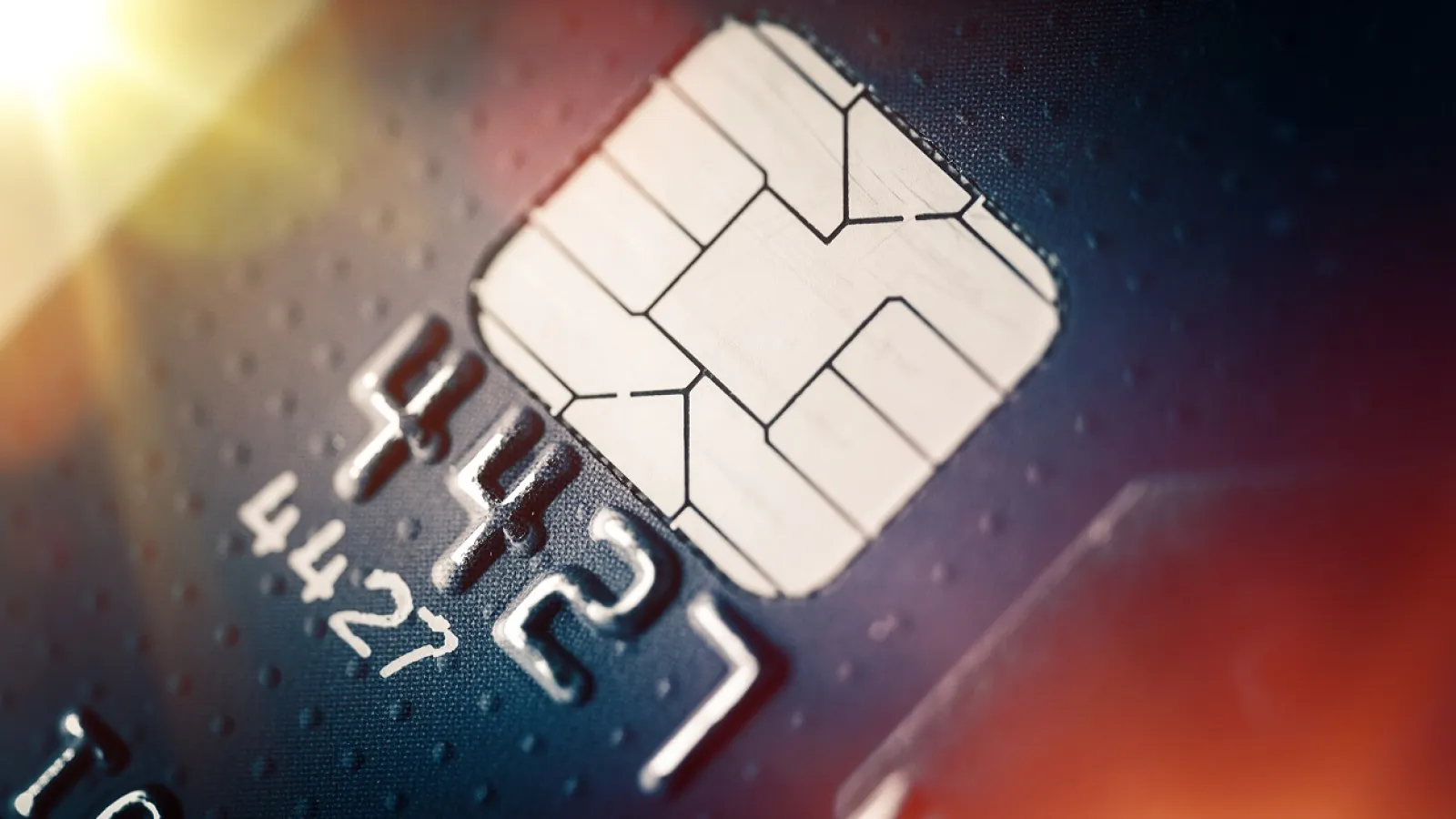Having your credit card or debit card information stolen is probably pretty high up there on the list of things you don't have time for. Regardless, it can happen to just about anyone when they least expect it. While it's usually a solvable issue once you report the fraud, this doesn't make it any less of a hassle to deal with.
Luckily for you, you can significantly reduce your chance of becoming a victim of fraud by simply exercising caution when you pay with your debit or credit card. Some of these may seem trivial, but you'd be surprised how quickly and seamlessly identity theft can take place. Think of your card in terms of its value in cash. You wouldn't leave a pile of your money exposed and unattended to, so why would you take the risk with your card?
Here are a few simple ways you can increase the security of your debit or credit card transactions and keep yourself protected from fraud.
Don't Buy from Dubious Websites
Only buy from websites you know and trust. It's a strange world to live in, where people feel totally comfortable giving their names, bank information, and home addresses to a business they only know of from the internet. If you've ever felt wary doing this, your instincts may be more in tune than you realize.
If you're shopping with a website you're unfamiliar with, there's a few signs of security to keep an eye out for. If the website's address begins with https:// (as opposed to http://), the "s" here stands for secure, which means that the website encrypts their data. You can also look for an icon from a trusted security or antivirus software company somewhere on the page.

Don't Save Your Card Number
While it's almost too convenient to resist, you should never save your card number to any website, whether you're using your home computer or a public one. In fact, it's best to not shop online at all when you're using a public computer. Not only do you run the risk of accidentally saving your credit card number, but hackers use public computers specifically to steal credit card information through malware.
You would think that it's safe to save your information on your home computer, but unfortunately, it's not. While saving yourself time by saving your credit card number makes your life easier, it also makes the life of a potential hacker easier. When you save your information, it's available in the website's server. This means that if the server is hacked, the hacker will potentially be able to access your information.
Protect Your PIN
If you frequently use your debit card, then protecting your PIN is more important than you think. How can you guard it? The answer is simple: don't give it to anyone. No exceptions. Don't give it out in person, don't give it out over the phone, and especially don't give it out over text or Facebook messenger. It's yours, and only yours.
Additionally, be cautious when you use the ATM. Devices now exist that are essentially cards that can copy your information after you use the ATM. Make sure you always keep your PIN number out of sight from anyone standing behind or next to you.
Taking a few simple precautions could save you a huge headache down the line. Stay vigilant!
